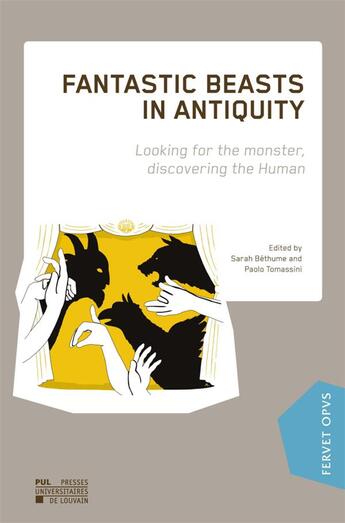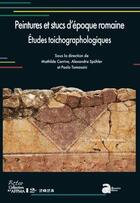Résumé:
Where do fantastic beasts come from? How do they appear in different cultures? What is their history, how did they survive until now? And above all, what are fantastic beasts? This book will explore these questions through the lens of archaeology, art history, philology and philosophy. Not... Voir plus
Where do fantastic beasts come from? How do they appear in different cultures? What is their history, how did they survive until now? And above all, what are fantastic beasts? This book will explore these questions through the lens of archaeology, art history, philology and philosophy. Not satisfied with what nature offered, human beings wanted to go beyond reality and invented mysterious and intriguing creatures populating their world. During Antiquity, every culture had its own strange creatures, that mixed the forms of one or more animal, plant and human species in an infinite number of more-or-less fanciful combinations. Griffins, sphinxes, mermaids, centaurs, satyrs, pygmies, werewolves, winged monsters and unspeakable hybrids, fantastic beasts abound in the imagination of many populations throughout Antiquity. Most of them continue to live, sometimes transformed, through fairy tales, literature, movies and videogames. Faced with the abundance and variety of the ancient fantastic bestiary, the questions that come to mind are: Where do fantastic beasts come from? How do they appear in different cultures? What is their history, how did they survive until now? And above all, what are fantastic beasts? This book will explore these questions through the lens of archaeology, art history, philology and philosophy. The result is a hybrid book, precisely like the fantastic animals that constitute its object, a book which offers different approaches of analysis while being aware that our means are often vain to capture these elusive figures, which ultimately are more like us than they seem. Man, like Oedipus, will often prove to be more monstrous than the Sphinx...















